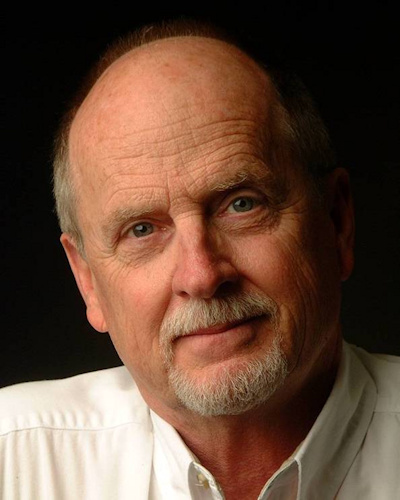<< LAST Contents NEXT >>
Reconcile with your adversary and help bring in the “Beloved Community”
One way to define “beloved community” in our time is to study individuals and organizations most associated with the term. For example, in April, 2013, the people of North Carolina rose up nonviolently against the restrictive laws being passed by their Republican Governor and his extremist allies in the state legislature. Their Moral Monday Movement reflects Jesus’ call to love our enemies and is demonstrating the power of nonviolence in Martin Sheen’s words “at transforming society” or in Dr. King’s words “creating the beloved community.” Instead of using the “beloved community,” The Rev. William Barber II, the primary spokesman for the Moral Monday Movement, describes his vision for North Carolina as the creation of “a fusion coalition.”
“So in North Carolina,” Barber writes, “We’re black. We’re white. We’re Latino. We’re Native American. We’re Democrat[s]. We’re Republican. We’re Independent[s]. We’re people of all faith. We’re people not of faith who believe in a moral universe. We’re natives. We’re immigrants. We’re business leaders and workers and unemployed. We’re doctors and the uninsured. We’re gay. We’re straight. We’re students and we’re parents and we’re retirees. And we all stand together to lift up and defend the most sacred moral principles of our faith, our constitutional values, and who we are. That’s what a fusion coalition does.”
Barber’s creation of the “fusion coalition” began officially on April 29, 2013, when he led a small group of clergy and other activists to the state legislative building in Raleigh. They sang “We Shall Overcome,” read prophetic biblical verses, blocked the doors leading to the Senate chambers, were arrested, handcuffed and led away.
On February 8, 2014, just ten months later, an estimated 100,000 North Carolinians joined the Moral Monday march, the largest civil rights rally since the Selma to Montgomery march in 1965. In their “14 Point People’s Agenda for North Carolina,”
Rev. Barber and his allies describe their goals for creating a more beloved community in North Carolina:
“A place where all children have the right to a high quality education; where low income people have livable wages and support; where health care is provided for all; where historic wrongs are made right and enemies are reconciled; where elections are financed by the public and voting rights are returned to the people; where Historically Black Colleges and Universities are “lifted up” to provide doctoral-level leadership for today’s challenges; where state hiring includes minority contractors; where affordable housing is guaranteed and consumers are protected from abuse; where the environment is protected; where employee’s bargaining rights are guaranteed and safe work places are regulated by law; where the rights of immigrants are protected; where civil rights are enforced and our troops are brought home from Iraq. North Carolina cannot address injustice at home while we wage unjust wars abroad.”l
Would you describe yourself as a member of the “beloved community?”
How are you seeking to build the “beloved community” through your work?

